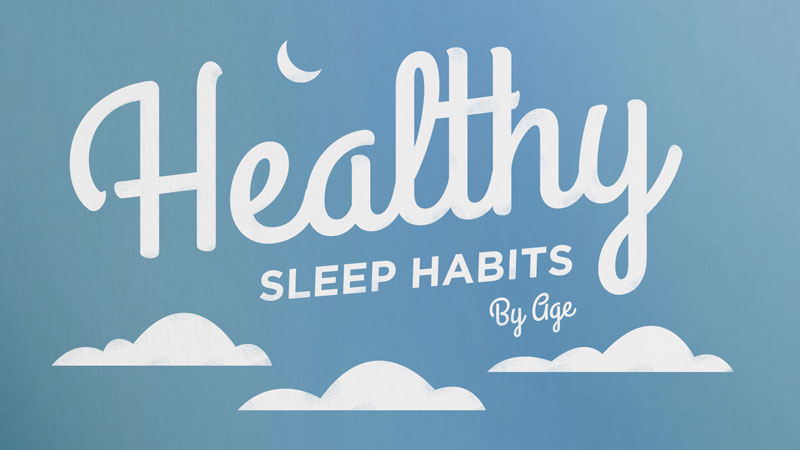Discover effective stress management techniques for better sleep that can help you relax, unwind, and enjoy restful nights. Learn how to use mindfulness, breathing exercises, and lifestyle changes to improve your sleep quality and wake up refreshed every day.
My Journey to Better Sleep
I used to toss and turn for hours, my mind racing with endless thoughts. Over time, I realized my sleepless nights were linked to stress. Finding the right stress relief for better sleep was life-changing. I explored various techniques, from meditation to lifestyle adjustments, that helped me calm my mind and body. In this guide, I’ll share everything that worked for me so you can sleep peacefully too.

H2: Understanding the Connection Between Stress and Sleep
When we’re stressed, our bodies produce more cortisol, the stress hormone. This makes it harder to fall asleep and stay asleep. I noticed that high-stress days often led to restless nights. Learning how to reduce stress before bed became my priority. Understanding this link helped me focus on relaxation techniques and healthier habits that signaled to my body it was time to rest.
H2: Breathing Exercises to Calm the Mind
H3: 4-7-8 Breathing Technique
The 4-7-8 breathing method is one of my go-to stress relief strategies. Here’s how it works: inhale for 4 seconds, hold your breath for 7 seconds, and exhale for 8 seconds. This slows your heart rate, relaxes muscles, and reduces anxiety. Practicing this every night helped me transition from a busy mind to a peaceful state, making it easier to drift into sleep naturally.
H3: Box Breathing
Box breathing is another effective technique. You inhale for 4 seconds, hold for 4, exhale for 4, and pause for 4. It’s simple, yet it sends powerful signals to your brain that you’re safe and ready to rest. I often combine this with dim lighting and gentle music to create a bedtime stress relief ritual that consistently works.

H2: Mindfulness Meditation for Deep Relaxation
Mindfulness meditation trains your brain to focus on the present moment instead of replaying the past or worrying about the future. I started with guided sessions from apps and later learned to meditate on my own. Just ten minutes before bed of mindfulness for better sleep made a noticeable difference. It helps clear mental clutter and prepares the mind for a restful night.
H2: Progressive Muscle Relaxation (PMR)
PMR involves tensing and then slowly releasing each muscle group in your body. I usually start at my feet and work my way up to my head. This stress reduction technique not only relaxes muscles but also helps me notice where I hold tension. Over time, I’ve become better at releasing stress physically and mentally before going to bed.
H2: Creating a Sleep-Friendly Environment
Our surroundings affect how easily we can relax. I make sure my bedroom is cool, dark, and quiet. Using blackout curtains, a white noise machine, and comfortable bedding transformed my sleep. A stress-free bedroom environment signals my body that it’s time to wind down. Sometimes, even small changes like reducing clutter can reduce stress and promote better rest.

H2: Limiting Screen Time Before Bed
Blue light from phones and laptops can trick the brain into thinking it’s still daytime, disrupting melatonin production. I set a “no screens” rule an hour before bed. Instead, I read a calming book or listen to soft music. This habit significantly reduced my nighttime stress and improved my ability to fall asleep faster.
H2: Journaling Away Stress
Writing in a journal before bed helps me unload worries and reflect on my day. I often list three things I’m grateful for and jot down tomorrow’s tasks so I’m not thinking about them all night. This bedtime journaling practice clears my mind and makes sleep feel more inviting. It’s like putting my thoughts to rest before I put myself to bed.
H2: Gentle Nighttime Yoga
Simple yoga stretches in the evening relax my muscles and release built-up tension from the day. Poses like Child’s Pose, Forward Fold, and Legs-Up-the-Wall are my favorites. Practicing yoga for stress relief and sleep not only eases physical tension but also soothes the mind, making the transition to sleep effortless.
H2: Nutrition and Herbal Support for Sleep
I avoid caffeine in the afternoon and opt for calming herbal teas like chamomile or lavender. Some nights, I enjoy a warm glass of milk, which feels comforting. Incorporating natural remedies for stress and sleep into my evening routine adds an extra layer of relaxation. Avoiding heavy meals before bed also helps me sleep without discomfort.
Table: Stress Management Techniques for Better Sleep
| Technique | How It Helps | Best Time to Practice |
|---|---|---|
| 4-7-8 Breathing | Slows heart rate, calms anxiety | Bedtime |
| Mindfulness Meditation | Clears mental clutter | Evening |
| Progressive Muscle Relaxation | Releases physical tension | Bedtime |
| Journaling | Offloads worries | Before bed |
| Gentle Yoga | Relaxes muscles, eases stress | Evening |

H2: Building a Consistent Sleep Schedule
Going to bed and waking up at the same time daily has been a game-changer for me. This consistency trains my internal clock and reduces sleep disruptions. Pairing a fixed schedule with stress management bedtime rituals helps signal my body that it’s time to sleep, even on stressful days.
H2: Avoiding Stimulants and Late-Night Work
I used to check emails late at night, which kept my brain in “work mode.” Now, I set boundaries. Avoiding caffeine, alcohol, and stimulating tasks after dinner is key. These simple changes dramatically reduced my stress-related insomnia and improved my overall rest quality.
Key Takeaways
- Stress and sleep are closely connected—managing stress improves rest.
- Breathing exercises, meditation, and muscle relaxation help calm the mind.
- Create a sleep-friendly environment with darkness, quiet, and comfort.
- Avoid screens, caffeine, and late-night work before bed.
- Use gentle yoga, herbal teas, and journaling to release daily tension.
- Maintain a consistent sleep schedule for lasting results.
Conclusion—My Sleep Transformation
Improving my sleep wasn’t about one magic trick—it was about combining small, consistent habits. By practicing these stress management techniques for better sleep, I turned restless nights into peaceful slumber. If you’re struggling, start with one or two strategies and build from there. Over time, you’ll notice your body and mind learning how to relax, and you’ll wake up refreshed, ready for the day ahead.

That’s a fascinating point about longshot value – often overlooked! Seeing platforms like jilievo club focus on stats & odds really could help players approach things strategically. It’s a game of calculated risks, right? 🤔